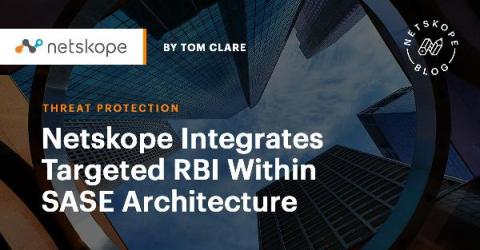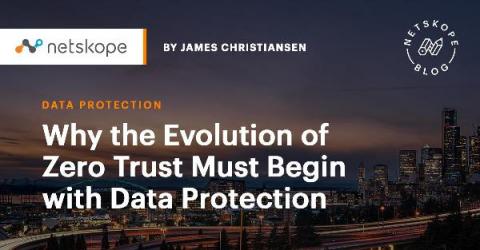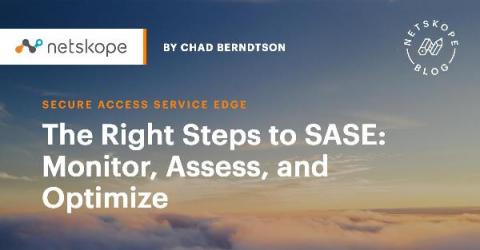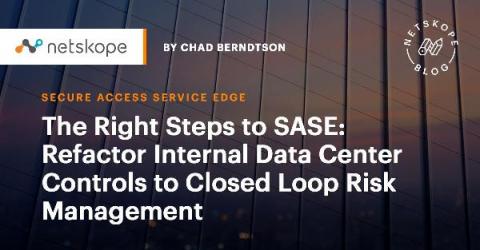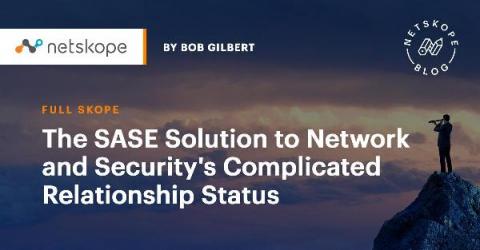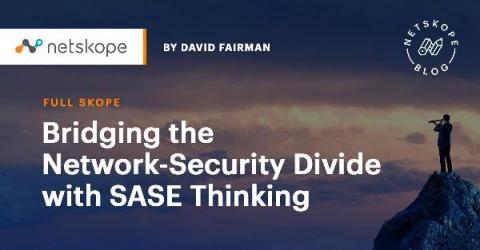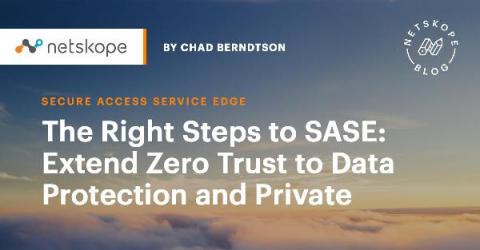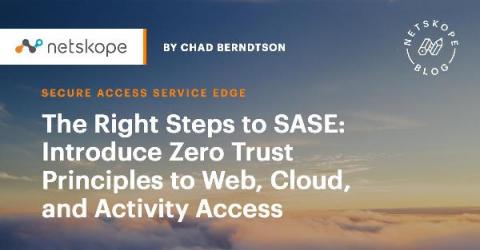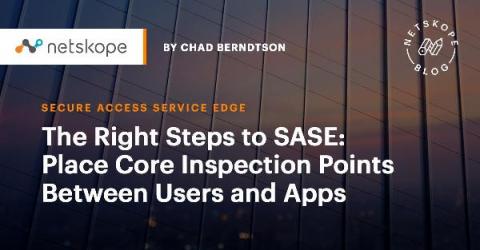Netskope Integrates Targeted RBI Within SASE Architecture
There is the marketing of secure access service edge (SASE), and then there is the actual integration of key capabilities that provide the benefits of less complexity, consolidation, and lower cost of operations a properly implemented SASE architecture provides.


